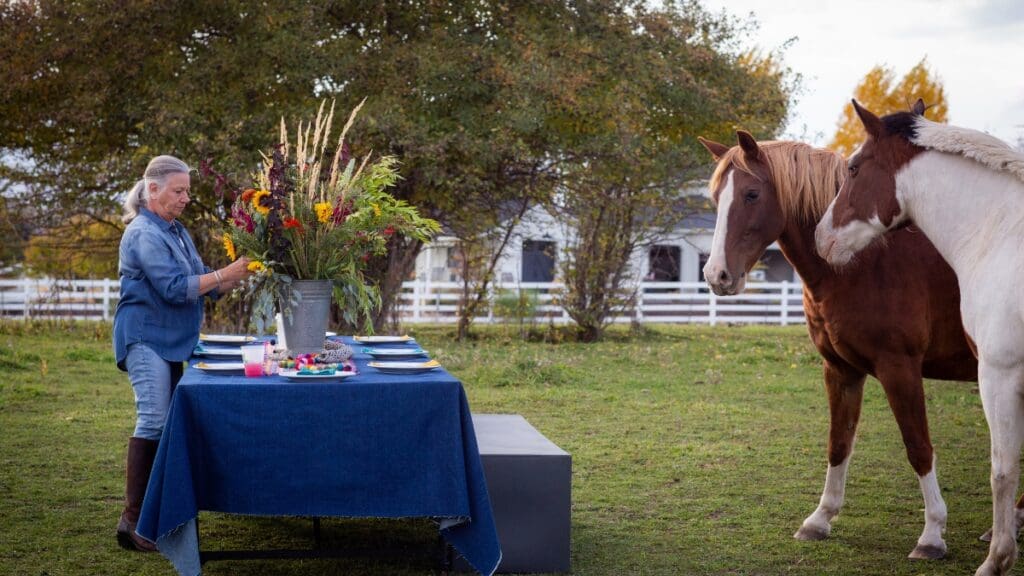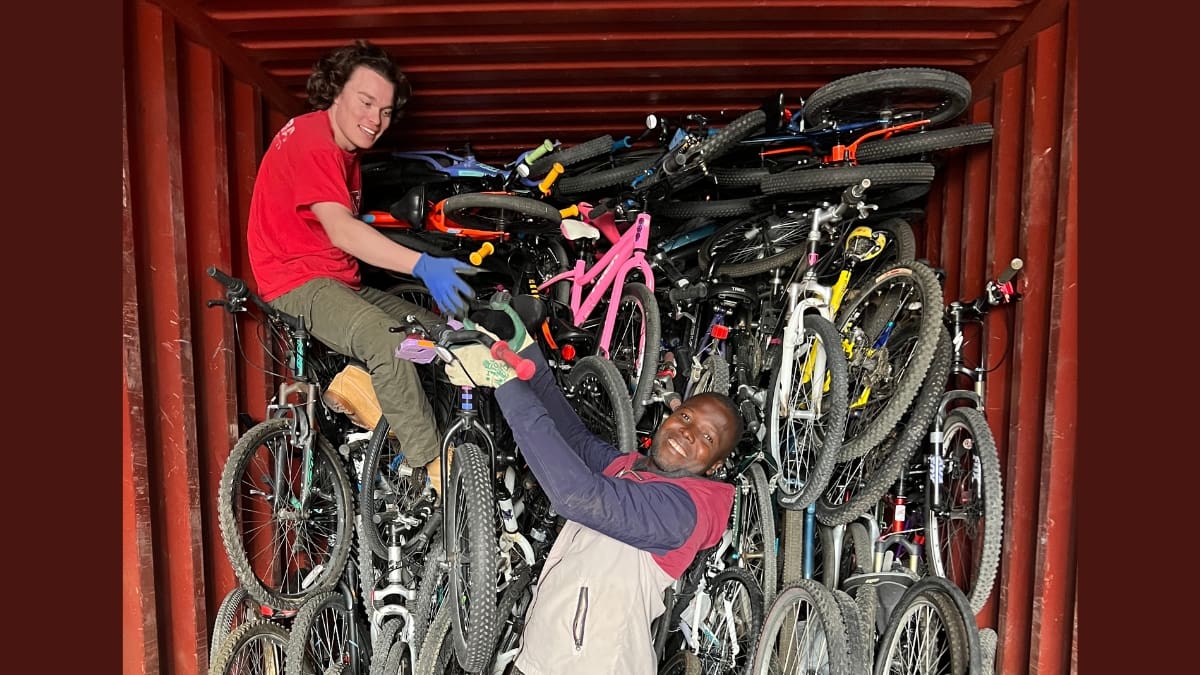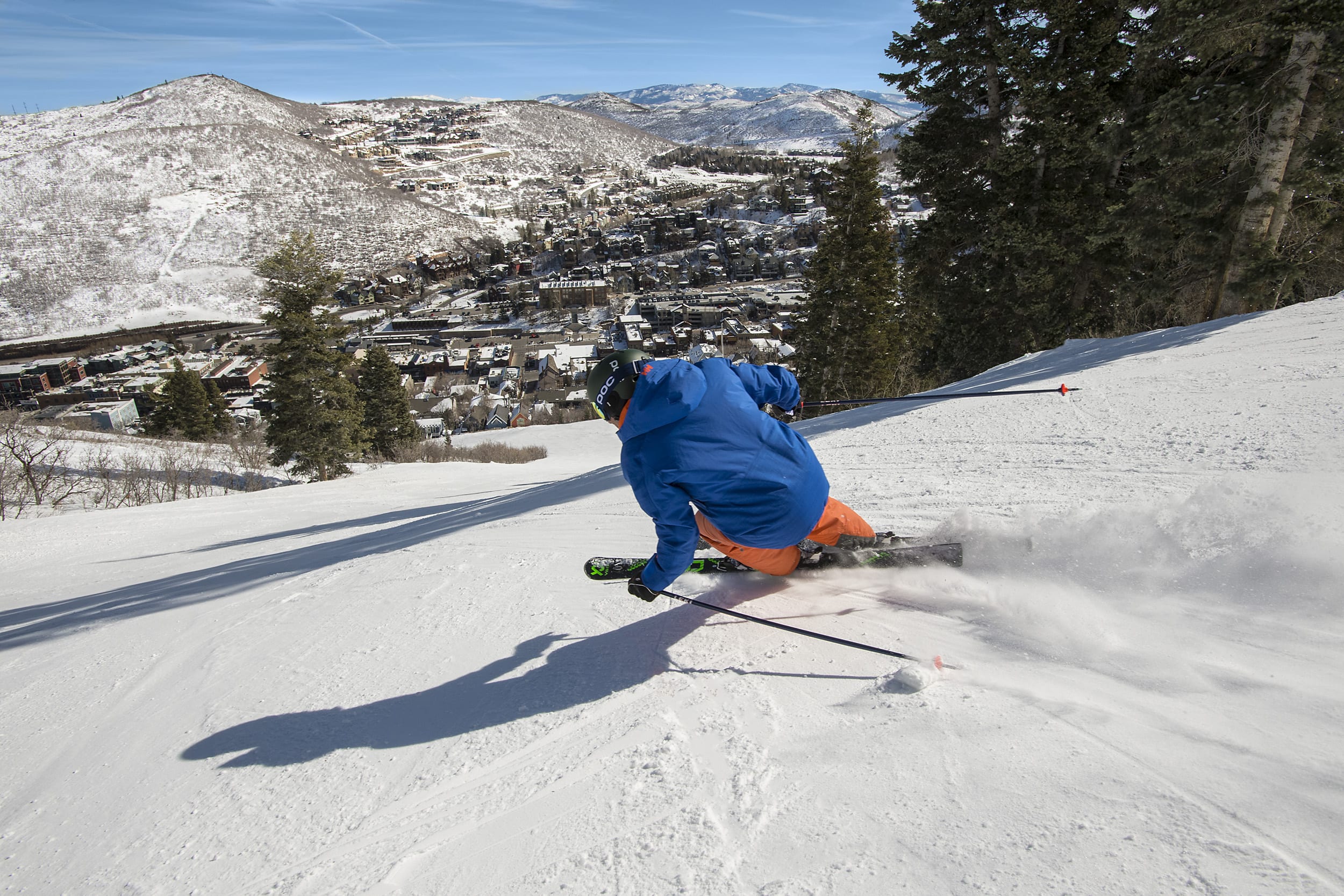NonProfit
Summit County local starts sanctuary for ‘thrown away’ horses
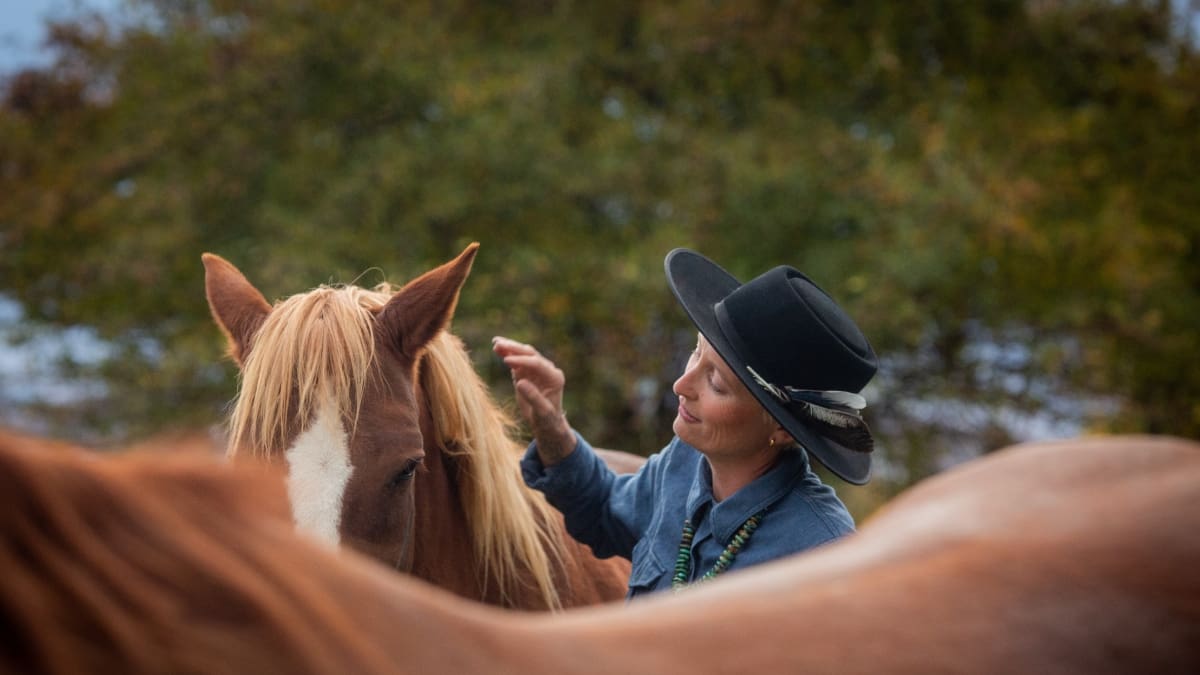
Erin Brown started Rescue Ranchito out of her ranch in Oakley to help save horses and other equines from kill auctions. Photo: Erin Kate Photography
Rescue Ranchito aspires to spread awareness behind the horse industry and their demise when sold off at auctions to be shipped out of the country, and to save as many they can along the way.
OAKLEY, Utah — Erin Brown is a Park City local in the truest sense of the term. She and her family moved to Summit County in the early 90’s, and Brown and her sister attended elementary, middle and high school in Park City. After moving away for college, she found her way back to the town she called home for so long and has been here ever since.
Brown found her passion in caring for horses and all things equine after spending years living on a hobby farm outside of Park City. Now, she and her family (three generations, in fact) have recently moved to Oakley to live on a three-acre ranch giving Brown the dream of going back to her roots.
“I feel like it’s sort of a full circle moment for me back to having the horses on our property as I did when we were growing up. And in turn, I’ve had the capacity to start this rescue sanctuary,” Brown said.
Rescue Ranchito came about when Brown realized just how many “unusable” horses are sold at auctions all over the country and shipped over the borders for slaughter. In the United States, slaughtering horses for food or commodity is illegal, but in Mexico, Canada and around the world, it is not.
The Humane Society of the United States states on its website that “the majority of horses sold at auctions attended by HSUS staff were purchased by ‘killer buyers’ who represent or sell to horse slaughterhouses.”
“Growing up, both my sister and I had off-the-track thoroughbreds,” Brown said. “These are ex-racehorses that, for a lot of reasons, don’t ‘perform’ on a racetrack. So our horses were sort of ‘thrown away’ horses.”
Brown remembers distinctly back in 2015, she saw information that a horse rescue activist posted about a horse named Lola up in Washington state at a ‘direct-ship pen.’ She had been sitting in the pen for months (normally, horses last only a couple of weeks in these locations). Brown and her sister rescued her.
“For me, that was like the inception of learning about all of this,” Brown said. “I didn’t even know that was really a thing that they could ship horses across the border. That was the first moment where we said, ‘This is what our thing is.’ These forgotten horses or thrown-away horses, this is scary for them.”
Now, Brown has plans to attend a kill auction next month to try and save as many horses as she can, whether that’s rescuing to prevent them being shipped out of the country or to find them a home before it gets that far. Brown calls her current herd ‘the misfits’ as they each have such different backgrounds and personalities. Now, she’s looking to extend her equine family to donkeys.
Brown currently has six rescues on the property and has helped co-rescue two more horses. But, for Rescue Ranchito, she hopes to provide multiple approaches to helping these animals:
- Rest, rehabilitate, and re-home
- Provide a permanent residence for some of the animals to live out their lives
- Educate and raise awareness of the reality of horse industry
“I’d love it to be when you see a picture of one of our horses, you know their backstory and what they represent in terms of the broader situation in the States,” Brown said.
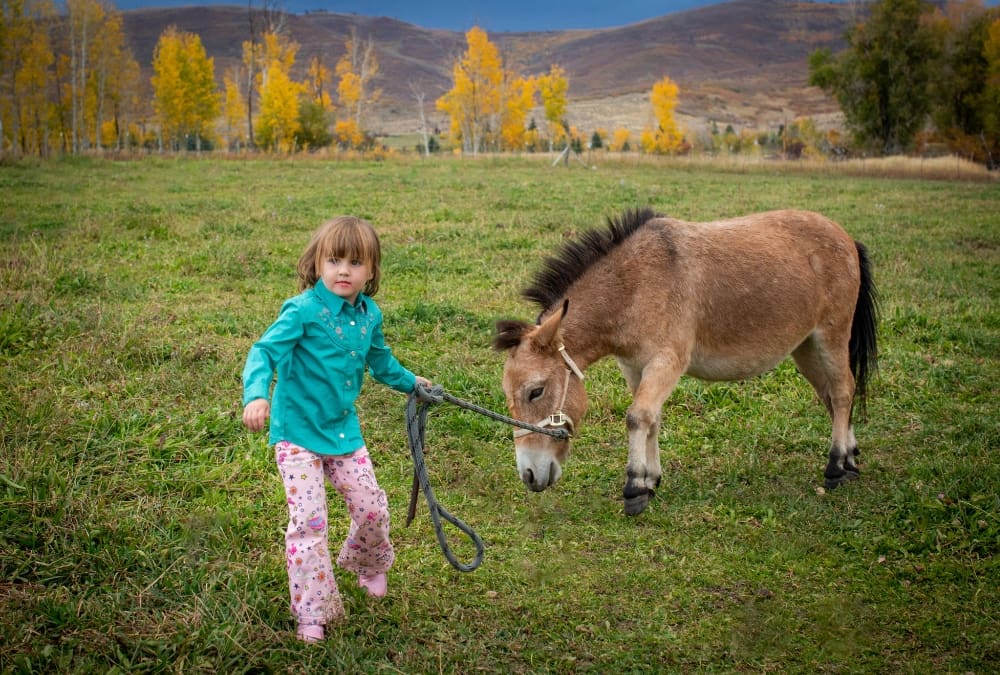
The organization is young, and right now, the workload falls mainly on Brown. Her five-year-old daughter is her main helper with their ponies, and her husband and sister also help out outside of their normal full-time jobs. But Brown continues to push for more education and visibility at Rescue Ranchito, creating multiple fundraising events to promote bonding and healing for both humans and horses, as well as educational experiences for kids.
Starting at the end of March and running through the spring, people can come have a meet-and-greet with the horses on-site. In the summer, Brown hosts a kids-only event to help learn what it’s like to be a herd manager, meet the animals and play games on the ranch.
For adults, the “Horse Bathing” dinners (akin to “forest bathing”) provide people a chance to visit among the rescue horses and have a bonding experience with a catered dinner by Brown and her sister. Brown explains the mental benefits of the experiences from the previous summer’s events.
“We go out and just spend however long we want hanging out with the horses and they love it, the humans love it, and it’s just a very meaningful time to just be around them,” Brown said. “It has grounding effects and mental health benefits to just be with horses, not ask anything of them, and not need anything from them, except for just their presence.”
Beyond the fundraising events, Brown is always looking for volunteers to help around the ranch and plans to host volunteer days in the future. For those interested in attending the events, becoming a volunteer, or donating to help fund a horse rescue, visit the Rescue Ranchito website.
